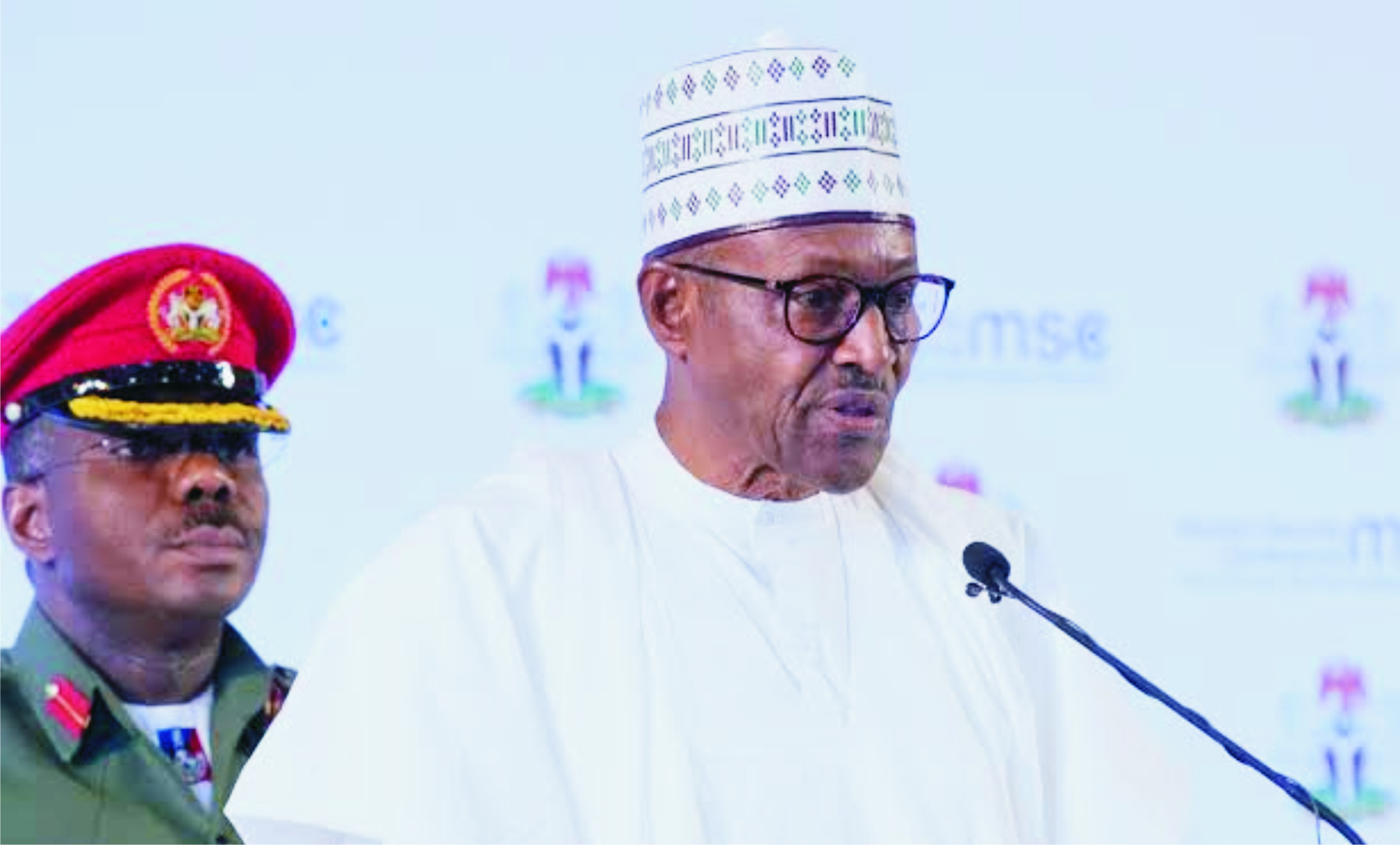Business
Coronavirus: FG To Cut Budget, Seeks New Oil Benchmark

Amid tumbling prices of crude oil, the Federal Government is set to cut the country’s 2020 budget.
President Muhammadu Buhari was expected to get a report, yesterday on what the government can do to salvage the N10.59tn budget.
The budget review committee, which was set up by Buhari on Monday, is chaired by the Minister of Finance, Budget and Planning, Mrs Zainab Ahmed, with a mandate to review the $57 oil benchmark for the budget and ultimately recommend an appropriate size, down from the current N10.59tn.
Other members of the committee include Minister of State, Petroleum Resources, Mr Timipre Sylva; Governor of the Central Bank of Nigeria, Mr Godwin Emefiele and the Group Managing Director of the Nigerian National Petroleum Corporation, Mr Mele Kyari.
The President had handed the assignment to the committee on Monday after he held a meeting at the Presidential Villa, Abuja, with the government officials.
Speaking with State House correspondents after the meeting, Ahmed said the committee would determine the new benchmark for the budget.
She said, “Our mandate is to make a very quick assessment of the impact of this coronavirus on the economy, especially as it affects the crude oil price.
“We will be writing a report and briefing Mr President tomorrow (Tuesday) or Wednesday morning. After that, we will also have more substantial information for the press.
“It is very clear that we will have to revisit the crude oil benchmark price that we have of $57 per barrel. We have to revisit it and lower the price.”
She added, “Where it will be lowered (benchmark) is the subject of this committee. What the impact will be on that is that there will be reduced revenue to the budget as it will cut the size of the budget.
“The quantum of the cut is what we are supposed to assess as a committee.”
The Federal Governement gave its first hint on a possible cut of the budget after last week’s Federal Executive Council meeting.
Sylva spoke on the reported disagreement between the Organisation of Petroleum Exporting Countries and OPEC+ member states on how both sides would respond to the impact of coronavirus on oil prices.
He said it was not a matter Nigeria could handle unilaterally, but would be handled at the level of OPEC versus OPEC+ bodies.
Global oil prices have been unstable since January, worsening with the outbreak of coronavirus in China and its rapid spread to many countries.
In December, 2019 when Buhari signed the 2020 budget, Nigeria’s Brent crude was well above $60 per barrel. But, it soon began a free fall since January, dropping below the budgeted $57.
Recall that in 2015, oil price crashed to as low as $27 per barrel, forcing the economy into recession. The economy later exited recession as oil prices climbed again.
The steep fall in crude oil prices on Monday stoked fears of fresh economic recession that Nigeria suffered in 2016 and has yet to recover from more than two years after a shaky exit.
The global oil benchmark, Brent crude, plummeted by as much as 31 per cent to $31.02 on Monday, its lowest since mid-February 2016, but recovered slightly to $36.29 per barrel as of 6.15pm Nigerian time.
Brent, against which Nigeria’s oil is priced, fell by over $4 to $45.72 per barrel last Friday following the failure of OPEC and its 10 allies, led by Russia, to broker a deal.
Business
Two Federal Agencies Enter Pack On Expansion, Sustainable Electricity In Niger Delta

Business
Why The AI Boom May Extend The Reign Of Natural Gas

Business
Ogun To Join Oil-Producing States ……..As NNPCL Kicks Off Commercial Oil Production At Eba

-

 Politics5 days ago
Politics5 days agoAPC Releases Adjusted Timetable For Nationwide Congresses, Convention
-

 Sports2 days ago
Sports2 days ago2026 WC: Nigeria, DR Congo Awaits FIFA Verdict Today
-
Sports5 days ago
DG NIS Wants NSC Board Constituted, Seeks Increased In Funding
-

 Business5 days ago
Business5 days agoCustoms Seek Support To Curb Smuggling In Ogun
-

 Featured5 days ago
Featured5 days agoINEC Proposes N873.78bn For 2027 Elections, N171bn For 2026 Operations
-

 Sports5 days ago
Sports5 days agoSWAN Rivers Set-up Five Functional Committees
-
Sports5 days ago
NSC Disburses N200m Training Grants To 26 Athletes
-
Sports5 days ago
‘NTF Will Build On Davis Cup Success For Brighter Future’

